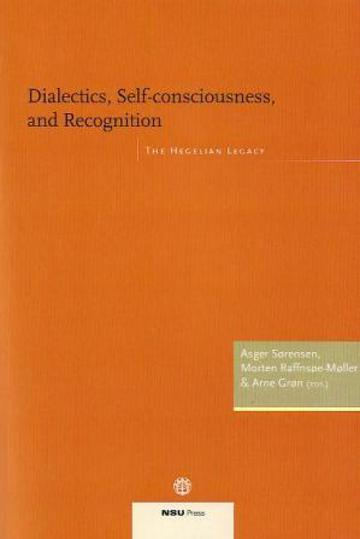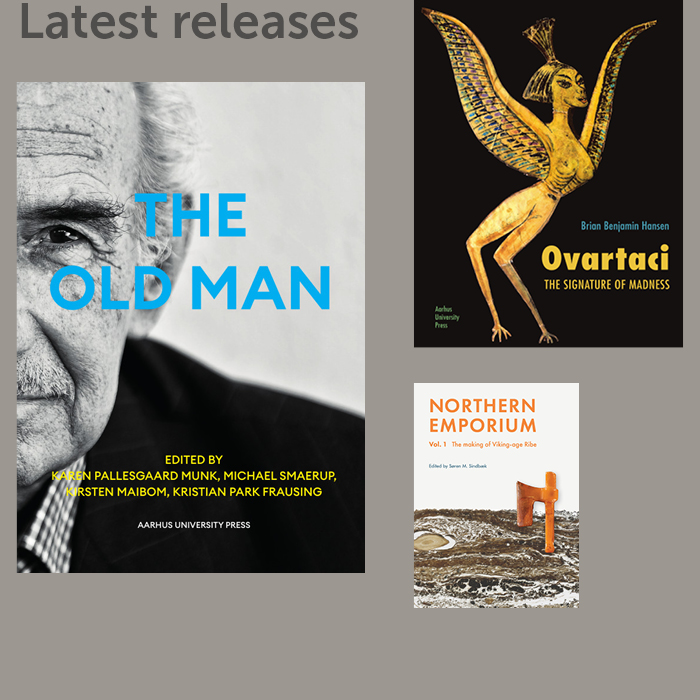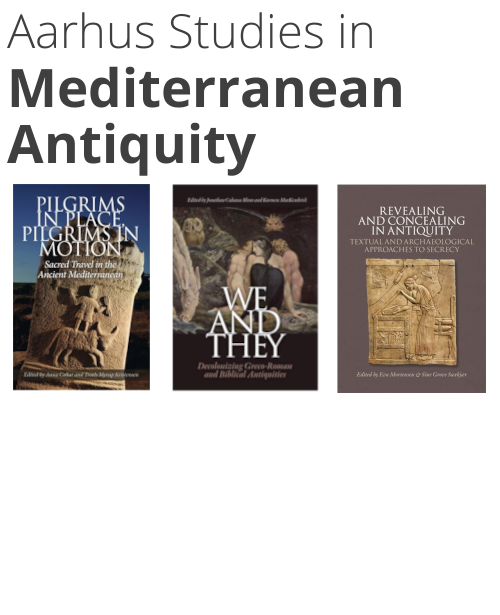
Dialectics, Self-consciousness, and Recognition
The Hegelian Legacy
A part of the subject area Philosophy
Out of stock
Edited by
Arne Grøn,
Morten Raffnsøe-Møller and
Asger Sørensen
With contributions by
Henrik Jøker Bjerre,
Robert Brandom,
Arne Grøn,
Ejvind Hansen,
Axel Honneth,
Jørgen Huggler,
Anne-Marie Eggert Olsen,
Morten Raffnsøe-Møller,
Asger Sørensen and
Thomas Schwarz Wentzer
More about the book
About the book
Hegel's influence on post-Hegelian philosophy is as profound as it is ambiguous. Modern philosophy is philosophy after Hegel. Taking leave of Hegel's system appears to be a common feature of modern and post-modern thought. One could even argue that giving up Hegel's claim of totality defines philosophy after Hegel. Modern and post-modern philosophies are philosophies of finitude: Hegel's philosophy cannot be repeated. However, its status as a negative backdrop for modern and post-modern thought already shows its pervasive influence. Precisely in its criticism of Hegel, modern thought is bound up with his thinking.




